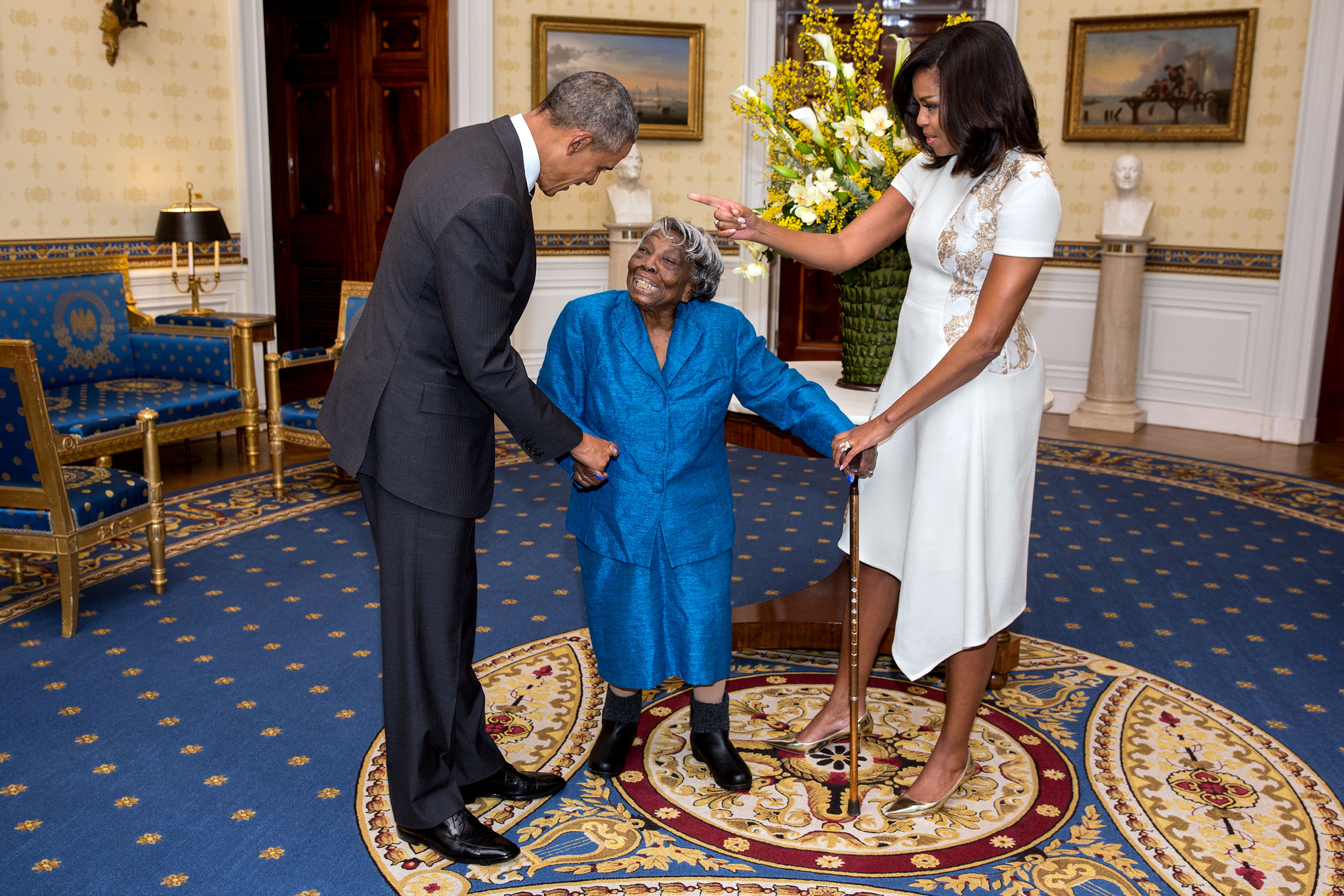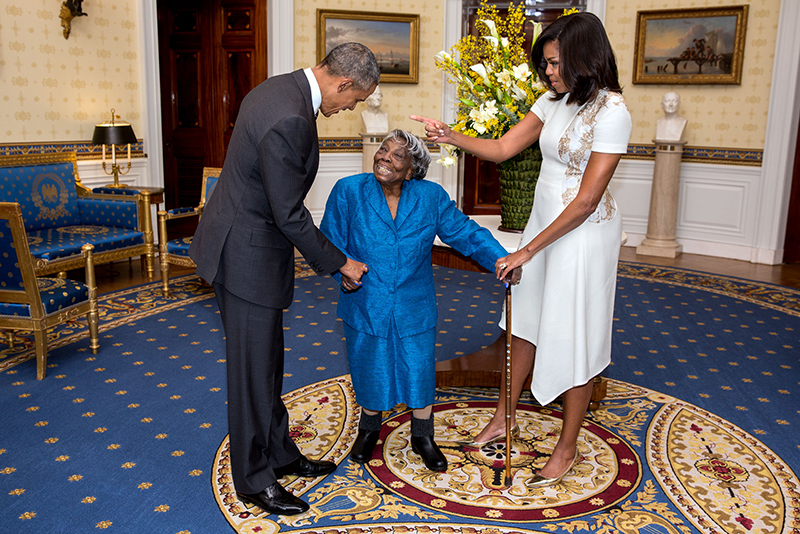This is historical material “frozen in time”. The website is no longer updated and links to external websites and some internal pages may not work.
- Home
- Briefing Room
- From the News Room
- Latest NewsRead the latest blog posts from 1600 Pennsylvania Ave
- Share-WorthyCheck out the most popular infographics and videos
- PhotosView the photo of the day and other galleries
- Video GalleryWatch behind-the-scenes videos and more
- Live EventsTune in to White House events and statements as they happen
- Music & Arts PerformancesSee the lineup of artists and performers at the White House
- From the Press Office
- From the News Room
- Issues
- Popular Topics
- Top Issues
- More
- More
- The Administration
- People
- Executive Offices
- Initiatives
- Special Events
- Participate
- Digital
- Join Us
- Speak Out
- 1600 Penn
- Inside the White House
- History & Grounds
- Our Government

